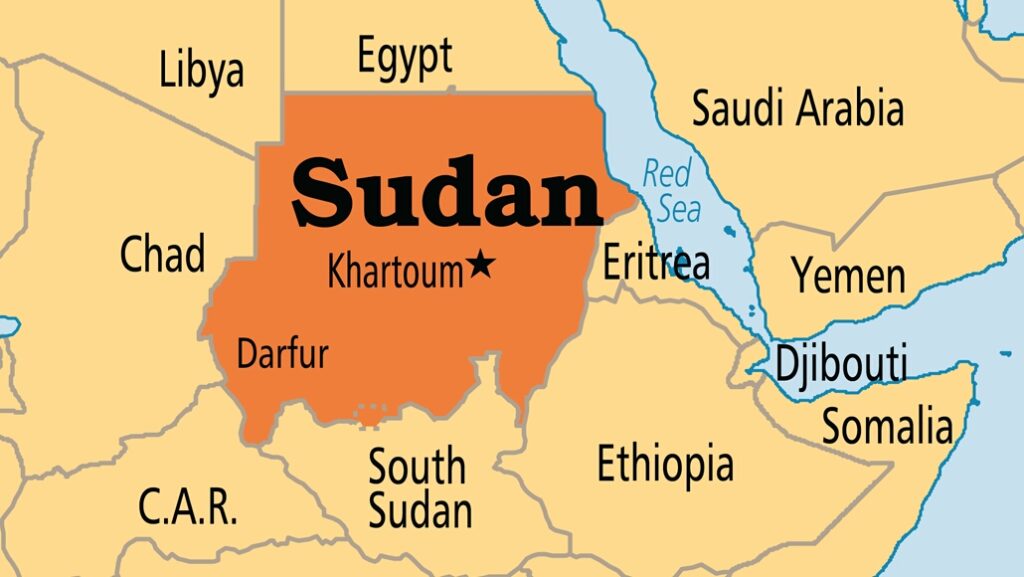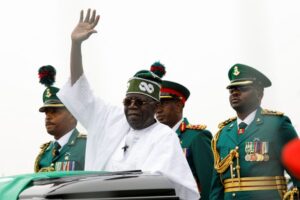Experts have said that the essence of having foreign policy was for the protection of the country and its citizens, among other objectives. This is often not the case with Nigeria as many cases of abuse have been recorded of its citizens living abroad, a situation that indicates weak foreign policy.
The Sudan crisis has given rise to these national systemic shortcomings again. There had been reports of difficulties faced by Nigerian officials involved in the Sudan evacuation process, including demand by Egyptian authorities for visas before entry, a situation which left thousands of Nigerian evacuees stranded at the border for days.
However, the situation turned positive on Sunday April 30, when the borders were opened, with conditions to Nigerians, following series of deft moves by top security and intelligence operatives in both countries, through some unofficial channels.
According to reliable security sources, Egyptian authorities started admitting Nigerian evacuees on Monday May 1, after the Nigerian Security and Intelligence community started deploying their contacts and connections with their Egyptian counterparts, to remove some of the hurdles that had frustrated Nigerian representatives’ efforts.
Although the details of the arrangements were not made public, a source said “this initiative, which was broached and complimented by the Egyptian National Security Adviser (NSA), Faiza Abou el-Naga, and her Nigerian counterpart, General Monguno, has so far allowed a smooth movement across the border into Egypt.
Consequently, though the deployment of the NAF aircrafts and the one by Air Peace are to be allowed to proceed with evacuation plans, a long list of conditions were given which gave room for quite some reactions from Nigerian citizens. Conditions required for the evacuation plans included details and schedules of the aircrafts to be used, capacity of the aircrafts, strong pledge that once Nigerians depart the border, they would be conveyed to the designated airport, comprehensive list of the evacuees with passport numbers, valid travel documents, i.e passport or emergency travel certificate, and lastly, the presence of Nigerian government officials at the point of embarkation”.
It will be recalled that the Sudan fighting broke out on April 15, 2023, between the Sudanese Armed Forces, led by General Abdel Fattah al-Burhan, and the Rapid Support Forces (RSF) paramilitary group, led by Gen. Mohamed Hamdan Dagalo. The escalating conflict has claimed more than 400 lives, while other 3,500 persons have been reported injured.
Quicker emergency steps are expected to be taken by Nigeria, for better response to citizens’ outcry, either within or outside the country. This is especially when there are violent conflicts and crisis involved. This supposes that the delays will be curbed and financial allocations processes should also be looked into, so that it will not be a clog in the wheel of the progress of Government response to citizens’ outcry, either within or outside the country.








More Stories
IGP orders investigation into killing of 14-yr-old WAEC candidate
Shadow cabinet: Court orders substituted service on Utomi
Man claims infidelity as reason for setting wife, three children ablaze